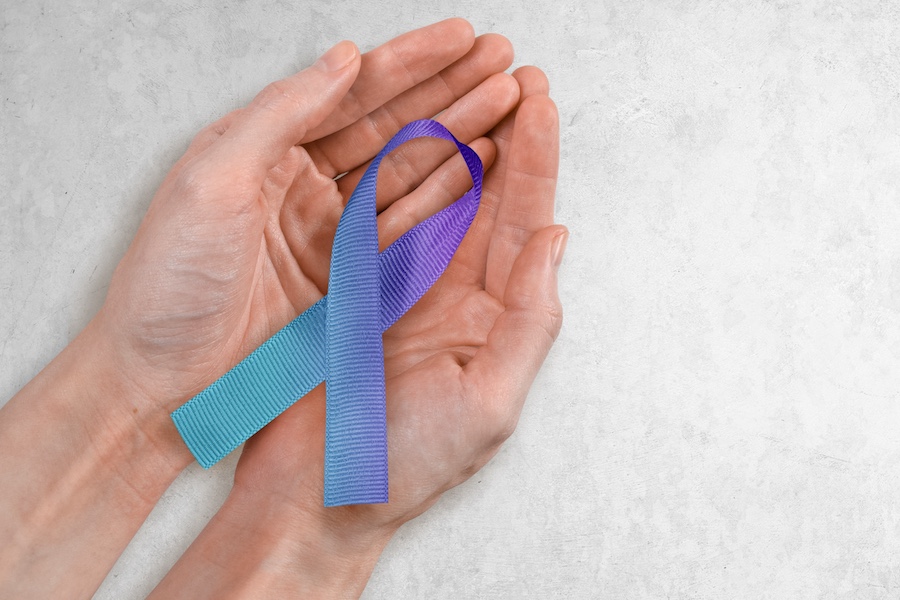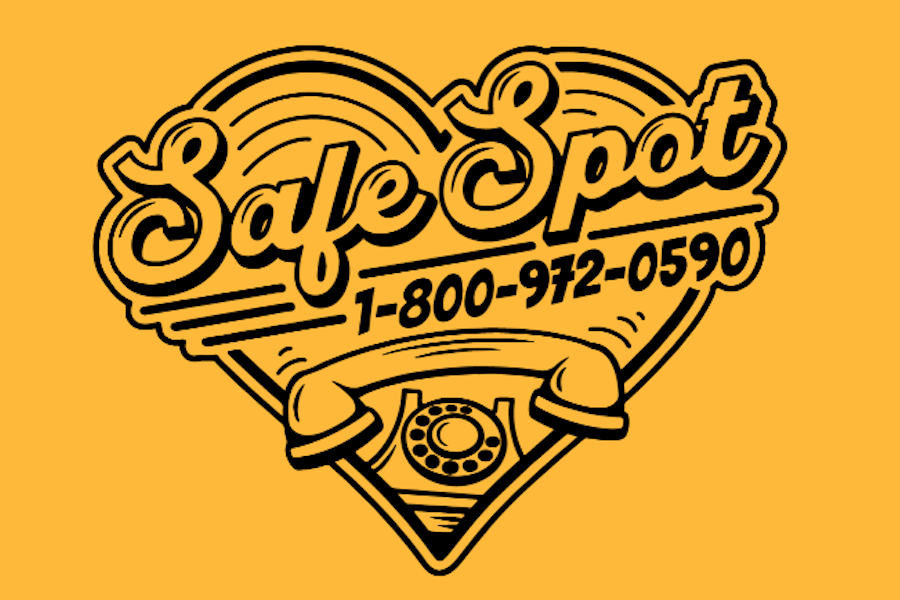If you’re struggling with depression, thoughts of suicide, or just feeling overwhelmed by stress — please know this: you are not alone, and help is available 24/7. Reaching out is a sign of strength. Below you’ll find compassionate, practical steps and trusted resources in Connecticut and nationwide to support you or someone you care about.
If You Need Help Right Now
-
Call or text 988, or chat at 988lifeline.org, 24/7, for free, confidential support from trained counselors. Help is available in English and Spanish; when calling for Spanish, press 2. Veterans can dial 988, then press 1, or text 838255 to reach the Veterans Crisis Line.
-
In Connecticut, adults (18+) can also call the ACTION Line: 1-800-HOPE-135 (800-467-3135) or 2-1-1 for immediate support and warm transfers to mobile crisis teams. Youth under 18 can reach Mobile Crisis by dialing 2-1-1.
-
For substance use treatment access in CT (including detox and transportation), call the Access Line: 1-800-563-4086.
-
If someone is in imminent danger, call 911.
Prefer to communicate in Spanish? 988 offers 24/7 Spanish-language support by phone (press 2) and text instructions to connect with a Spanish-speaking counselor.
Why Suicide Prevention Month Matters
Suicide is preventable. Caring conversations, safer environments, and easy access to support save lives. Public health approaches focus on connection, early help, and reducing access to lethal means (like safely storing medications and firearms). Simple actions — checking in on a friend, offering to call 988 together, removing or locking up medications and firearms—can make a life-saving difference. (For local safe-storage options like medication disposal or lockboxes, check your local health district or police department.)
Signs Someone Might be Struggling
Everyone’s experience is different, but common warning signs include:
-
Talking about hopelessness, feeling like a burden, or wanting to die
-
Withdrawing from friends or usual activities
-
Changes in sleep, appetite, or mood (more irritable, anxious, or numb)
-
Increased use of alcohol or other substances
-
Searching for ways to harm oneself
If you notice these signs, reach out. You don’t need perfect words—try, “I’m really glad you told me. I care about you. Let’s find support together,” and offer to contact 988 or a CT crisis line with them.
How to Help — Practical Steps
-
Ask directly and listen. “Are you thinking about suicide?” Asking does not plant the idea; it opens the door to help.
-
Stay with them (or on the phone) and reduce immediate risks. If possible, secure medications and firearms or ask a trusted person to help.
-
Connect to professional support. Call or text 988, or in Connecticut, use ACTION Line (1-800-HOPE-135) for adults or 2-1-1 for youth mobile crisis. Offer warm handoffs (e.g., dial together and stay on the line).
-
Follow up. A caring text or visit in the days after a crisis matters.
Connecticut Resources
-
ACTION Line (Adults, 18+): 24/7 crisis support, referrals, and warm transfers to Mobile Crisis: 1-800-HOPE-135 or 2-1-1.
-
Mobile Crisis for Youth (Under 18) – Call 2-1-1 for on-site/phone support statewide.
-
CT DMHAS Crisis Services – Overview of adult mobile crisis, 988 in CT, and resources.
-
Prevent Suicide CT (CTSAB) – Statewide prevention materials, trainings, and ways to get involved.
-
NAMI Connecticut – Education, support groups, and a help line for information (not a crisis line).
National Resources
-
988 Suicide & Crisis Lifeline – Call or text 988, or chat at 988lifeline.org for anyone in the U.S., any time.
-
Veterans Crisis Line – Dial 988, then press 1, text 838255, or chat at VeteransCrisisLine.net/Chat
-
Crisis Text Line – Text HOME to 741741 to reach a volunteer crisis counselor; additional specialized keyword options (e.g., for financial stress) may be available.
-
The Trevor Project (LGBTQ+ youth) – 24/7 support via call 1-866-488-7386, text START to 678-678, or chat online. (Note: the 988 “Press 3” LGBTQ+ subline ended on July 17, 2025; inclusive support remains available at 988 and through Trevor.)
-
Trans Lifeline — A peer support line run by and for trans people: 1-877-565-8860. (Check current hours on their site.)
For Our Communities: Prevention is a Shared Effort
-
Normalize check-ins. Ask friends, coworkers, and family how they’re really doing.
-
Promote safe storage. Encourage lockboxes for medications and firearm locking devices. Many local health departments and police departments provide free locks or disposal options.
-
Share resources. Post 988 and local CT crisis numbers at workplaces, schools, faith communities, and on social media.
-
Learn a skill. Consider trainings like QPR (Question, Persuade, Refer) or Mental Health First Aid through local partners listed on Prevent Suicide CT.










